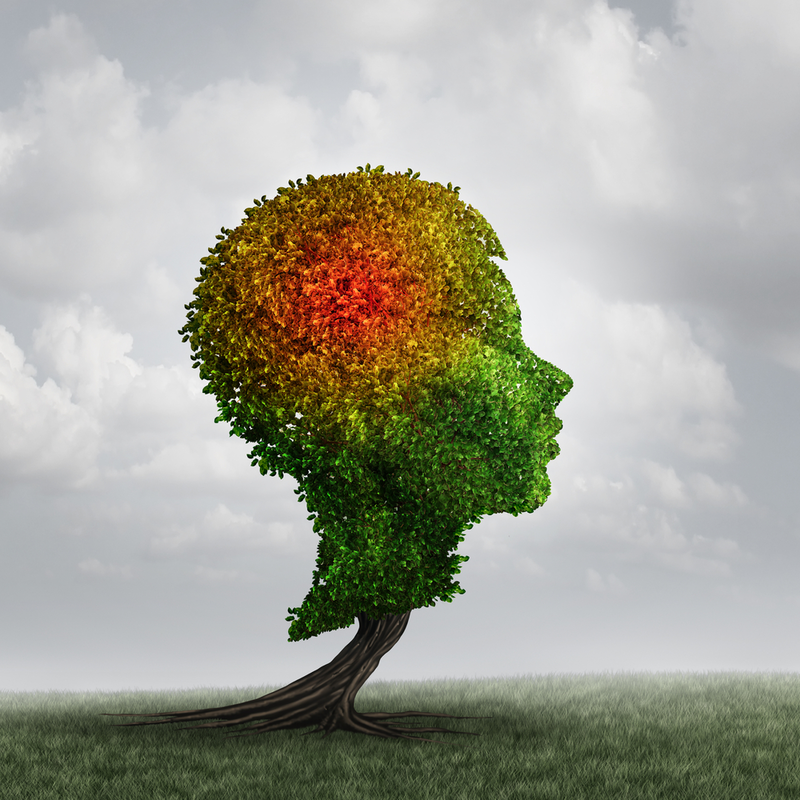Dealing with a sexless relationship
The defining factor of erotic pleasure is compatibility of libido, or sexual desire. As long as partners have compatible libidos, they are unlikely to feel dissatisfaction in their intimate life.
However, according to numerous research, 20 to 40% of couples of sexually active age report dissatisfaction with their sex life (3, 5).
Sexual frustration can deeply affect the entire relationship and often precipitates its termination, since sex plays such a vital role in bonding between partners.
A weakened sexual response is characterized by three components: low desire, low arousal, and low orgasm rates. The most common concern of the three is low sexual desire, which appears to be more tenacious and profound than the other two. (5)
Low sexual desire can be defined by two main causes: external factors and relationship-based factors. Let’s look at them together.
External factors include anything that does not stem from the emotional part of the relationship. Here, sexual desire is most commonly affected by one or more of the following factors:
-physical health issues (esp. hormonal issues)
-mental health issues (esp. depression, generalized anxiety (2), reactivation of trauma)
– certain medications
-fatigue
-life stress
-perceived lower quality of life
-menstrual cycle
-pre- or post-menopause
-giving birth in the last year
-having children under five at home
-not enough sleep
In order to tackle the lack of sexual desire stemming from these factors, they need to be dealt with directly. Barring chronic medical conditions or a permanent change in health, libido should return. When faced with these issues, it is counterproductive to argue about sex or demand more intimacy, yet the partner experiencing any of these difficulties can greatly benefit from the support of the other partner.
In contrast, relationship-based factors are influenced directly by the relationship dynamics. Here, partners have more direct control and ability to improve them. Some common examples include:
-Bad timing. Sometimes, the timing is just inappropriate, the partner is preoccupied with something else, or they have other plans. Spontaneity is often overvalued when it comes to a couple’s life, so discussing a good time for both partners can improve the quality of their intimate life.
-Forgetting about communication. Erotic response often comes from non-sexual affection. It comes from feeling and being loved and complimented, even when one is tired or not in the mood. Remembering to say “I love you” is a long-time investment not only for a relationship’s romantic longevity, but also for its sexual longevity.
-Loss of non-sexual physical contact. If you lose physical contact, sex eventually goes away with it. Do you do physically pleasant things for one another? Hold one another? Caressing, hugging, kissing? If your erotic life was once blooming and for some reason the spark was lost, retrieving non-sexual physical contact might be the key.
-Unresolved conflicts. Some couples tend to channel conflictual energies into lovemaking. However, unresolved conflicts bring tension, and tension negatively impacts intimacy. Conflict leads to anger, which might manifest as disgust or repulsion (read my article about secondary emotions). Therefore, it is helpful to learn communication strategies and get to know how you and your partner tackle conflicts.
-Body image. The desire to make love often has a lot to do with how sexually attractive you find your partner and yourself. A change in your or your partner’s looks might come from physical conditions (e.g. thyroid issues) or mental conditions (e.g. depression). In that case, they would be considered external factors and need to be approached as such. Aging can play a part too, but the author of this article believes how we age has to do with wellness.
-Disappointment. A painful and traumatic disappointment in a lover can evoke defenses against sexual desire. Sometimes, a person becomes disillusioned with his or her partner, and desire disappears. In that case, partners can benefit from discussing where and how the expectation has been thwarted and negotiate their way into finding an acceptable solution for both parties. Learning to overcome disappointment in a partner is very healthy for the overall relationship because it teaches the partners to see one another realistically.
In conclusion, it is helpful to establish what causes low sexual desire or its loss and which category it fits into in order to address and resolve it. The causes can be multiple and encompass both categories, wherein they need to be divided and approached accordingly.
Once we understand the two categories that may affect sexual desire, we can approach them differently. We are to deal with the external factors directly, doing our best to resolve the challenges we face and acknowledge that sexual desire is being temporarily affected until the peak of such challenges subsides. In contrast, we need to approach the second category of relationship-related factors by nurturing patient communication, making more effort in accepting the partner, improving emotional and physical (esp. non-sexual) intimacy, and attending couple’s therapy.
Bibliography:
1. Mitchell, K. R., Mercer, C. H., Wellings, K., & Johnson, A. M. (2009). Prevalence of low sexual desire among women in Britain: Associated factors. Journal of Sexual Medicine, 6(9), 2434–2444.
2. Parish, S. J., & Hahn, S. R. (2016). Hypoactive sexual desire disorder: A review of epidemiology, biopsychology, diagnosis, and treatment. *Sexual Medicine Reviews, 4*(2), 103–120.
Bancroft, J. (2003). Archives of Sexual Behavior, 32(3), 193–208.
3. Sutherland, S. E., Rehman, U. S., Fallis, E. E., & Goodnight, J. A. (2015). Understanding the phenomenon of sexual desire discrepancy in couples. The Canadian Journal of Human Sexuality, 24(2), 141–150.
4. Shifren, J. L., Monz, B. U., Russo, P. A., Segreti, A., & Johannes, C. B. (2008). Sexual Problems and Distress in United States Women. Obstetrics & Gynecology, 112(5), 970–978.
5. Kaplan, H. S. (1977). Hypoactive sexual desire. Journal of Sex & Marital Therapy, 3(1), 3–9.
Published by author on Psychology Today: https://www.psychologytoday.com/intl/blog/the-psychology-of-relationships-and-emotional-intelligence/202409/dealing-with-a-sexless



